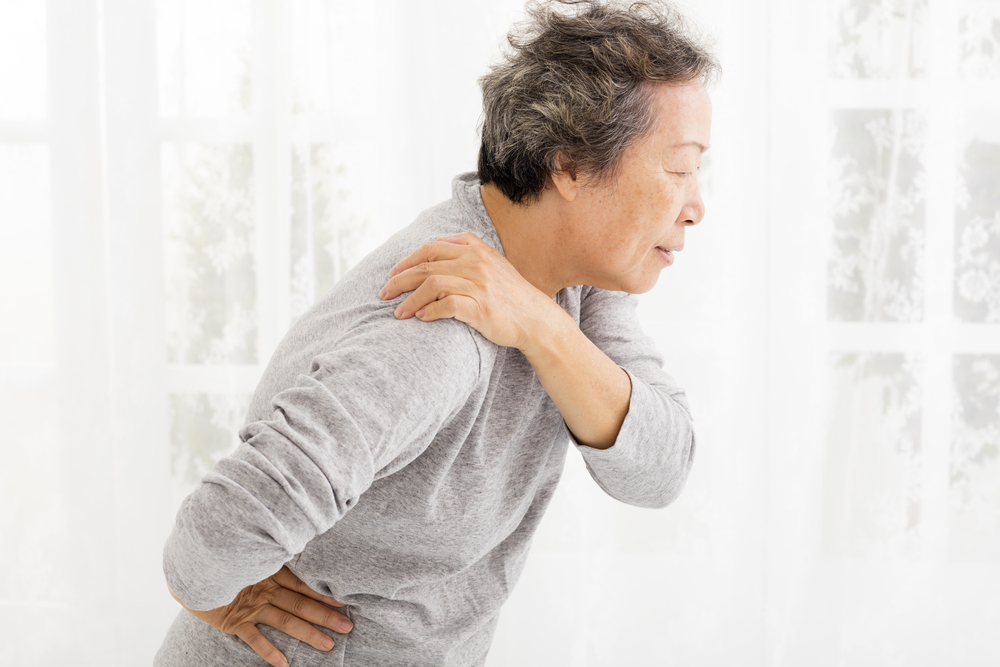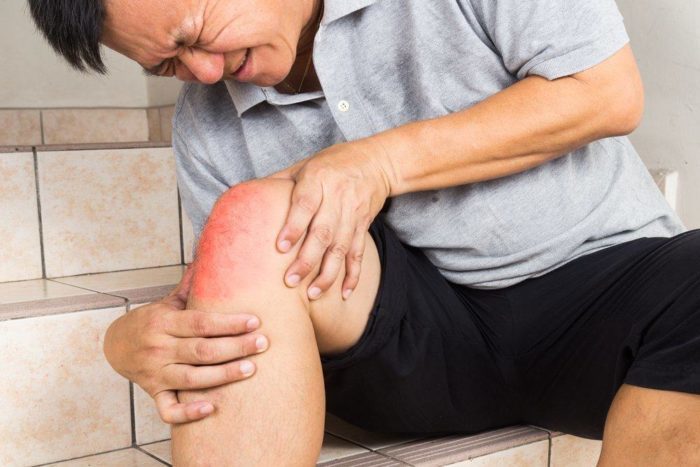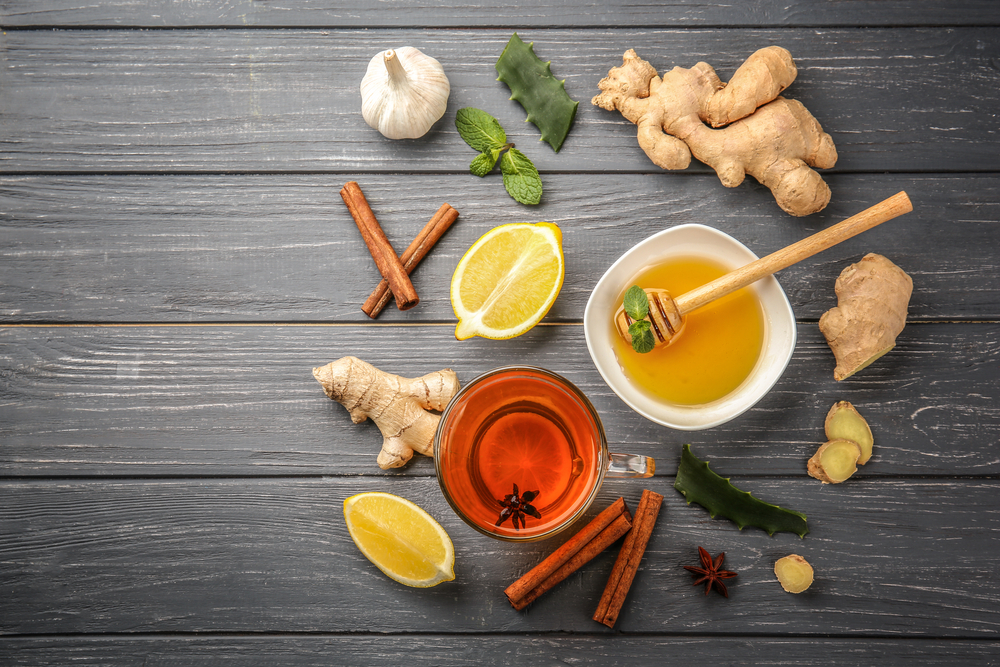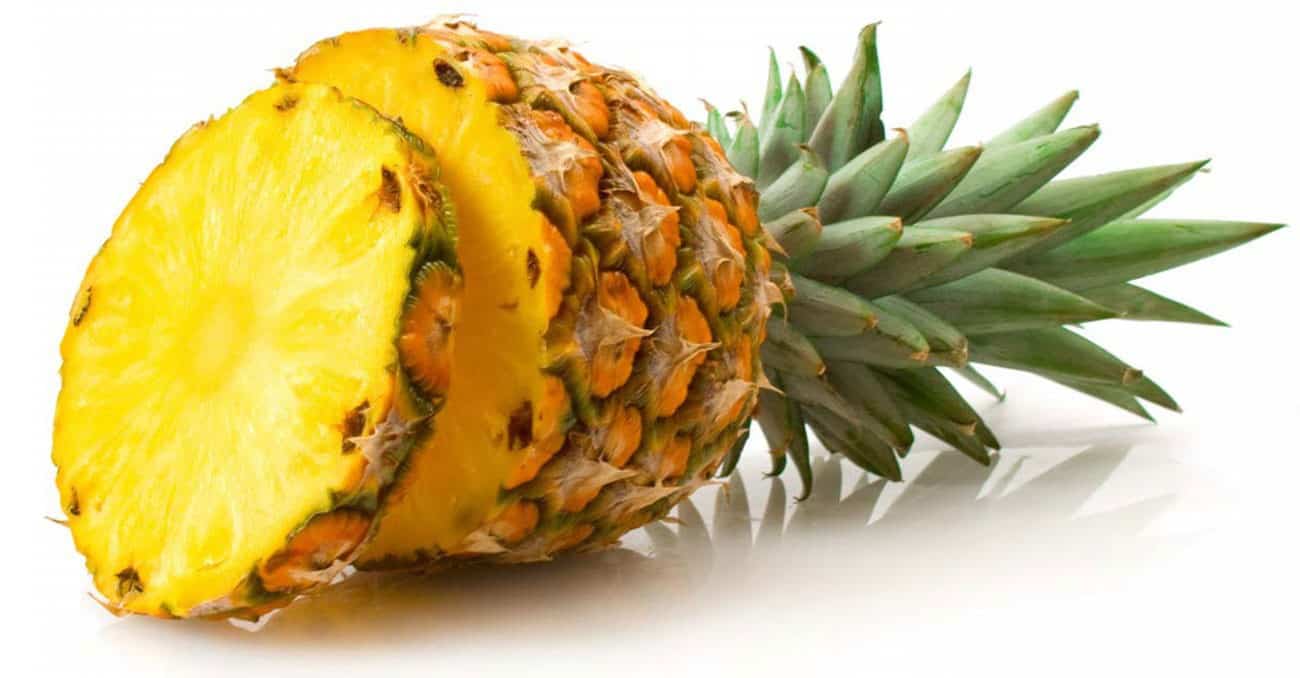Contents:
- Medical Video: Massage Techniques for the Sciatic Nerves
- Why is it often painful for rheumatic pain if it's elderly?
- 1. Osteoarthritis
- 2. Rheumatoid arthritis
- 3. Certain nutritional deficiencies
- Could this rheumatic ache in the elderly be prevented?
- How do you deal with rheumatic aches in the elderly?
Medical Video: Massage Techniques for the Sciatic Nerves
Elderly people often complain of rheumatic pain almost all over their bodies. Because very often, of course this condition can disrupt the activities of the elderly. In fact, the elderly still have to be active every day, you know, so they don't run the risk of chronic illness. So, how do you deal with rheumatic aches if you are elderly?
Why is it often painful for rheumatic pain if it's elderly?
There are various things that cause elderly people to experience aches in their body parts. Indeed, this condition can be considered reasonable because the age factor also affects. So, why is it that if you are old you often feel sore?
Here are some of the causes of rheumatic pain in the elderly.
1. Osteoarthritis
As many as 10-30 percent of elderly people over 65 years experience this complaint. Osteoarthritis or often called joint calcification is caused by damaging changes in the composition of cartilage in the joints. So, friction arises between bones and eventually causes aches and pains.
Apart from causing pain, your activity becomes limited and you easily experience stiffness in your joints. Joints that are easily attacked are generally on your knees, hands, feet and spine.
2. Rheumatoid arthritis
Almost the same as osteoarthritis, this problem that is often called rheumatism will cause pain and aching sensations in the joints. However, this time it is caused by inflammation of joint fluid, which damages cartilage tissue.
Usually, this problem will be accompanied by various symptoms such as swelling and stiff joints. Rigid joints generally occur in the morning and last up to one hour.
Joints that are often affected by arthritis are joints of the hands, elbows, knees and ankles. Treatment is usually done to reduce the symptoms of rheumatism. So, if you experience stiff rheumatic pain that is very disturbing, immediately consult a doctor.
3. Certain nutritional deficiencies
The cause of rheumatic aches can also be caused by a lack of intake of B vitamins, vitamin D and calcium. Because the three nutrients play an important role in maintaining bone health and reducing bone loss.
Not only that, elderly people who are deficient in B vitamins are at risk of experiencing senility, Parkinson's disease, and Alzheimer's. So, make sure your B vitamin intake is always fulfilled, moreover, these vitamins cannot be produced by your own body.
Try eating foods that are rich in vitamin B 12, such as chicken liver, milk and its products, salmon, eggs, sardines, beef and tuna.
Could this rheumatic ache in the elderly be prevented?
Rheumatic aches can be prevented by avoiding the causes that have been previously mentioned. The condition of osteoarthritis and rheumatism is indeed very influenced by age, but there are several other things that increase the risk of these two diseases, namely:
- Obesity
- Rarely exercise
- Trauma
- Bone is brittle, not solid
- Work accident
So as not to experience frequent rheumatic aches, you should avoid these risk factors. Of course by adopting a healthy lifestyle and eating foods that are in accordance with the needs and nutrient dense. That way, the chances of getting osteoarthritis and rheumatism are smaller.
How do you deal with rheumatic aches in the elderly?
If you have aches and pains that are very annoying and too painful, you can try taking painkillers such as non-steroidal anti-inflammatory drugs, such as ibuprofen. However, if it does not affect your pain, try matching it with a type of corticosteroid drug.
Apart from using drugs, treat stiffness by compressing the painful part using cold water. Try doing 10-20 minutes for 1-2 times a day.
However, if the complaint is felt due to muscle cramps or pain, then try using warm water. The use of warm water compresses was able to reduce stiffness and make the muscles more relaxed. This compress is also good to do before you do physical activity.
The key to dealing with rheumatic aches in other elderly people is to do regular exercise. Yes, even though you are old, you still have to train your muscles and joints so they are not stiff. Do it for 30 minutes per day in a low intensity, such as walking or yoga.
Don't forget to eat foods that are rich in nutrients. In addition to vitamins that are good for bones such as vitamin B and vitamin D, vitamin C is also important for those of you who are elderly.
Because, vitamin C can stimulate the body to produce collagen, one of the substances forming cartilage. Based on the research conducted, this vitamin is also able to provide protection to your joints.















